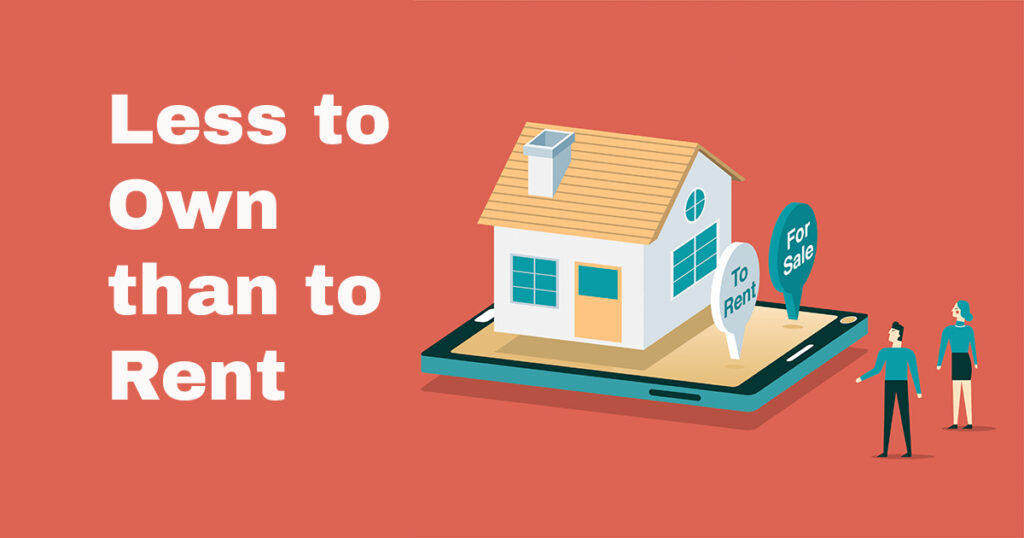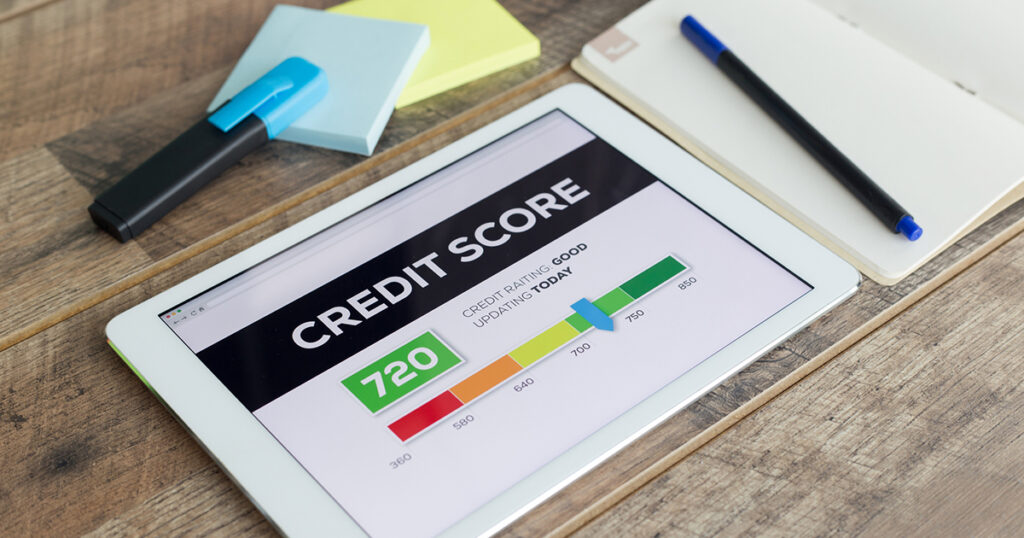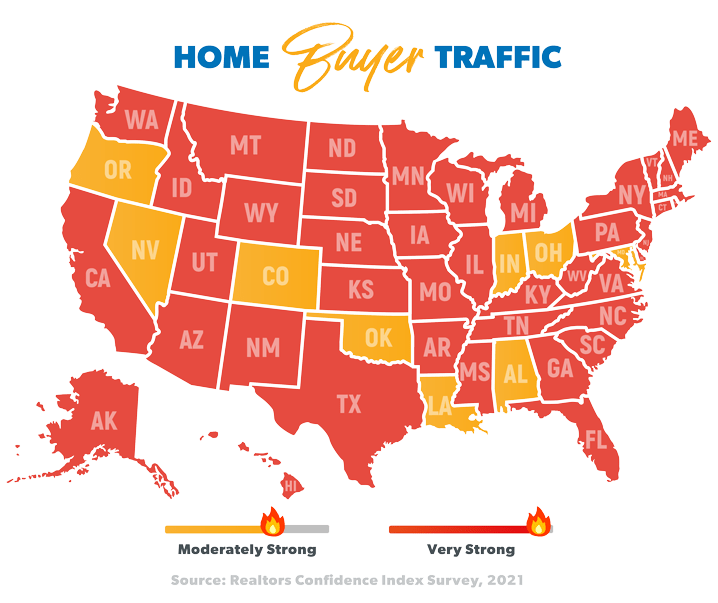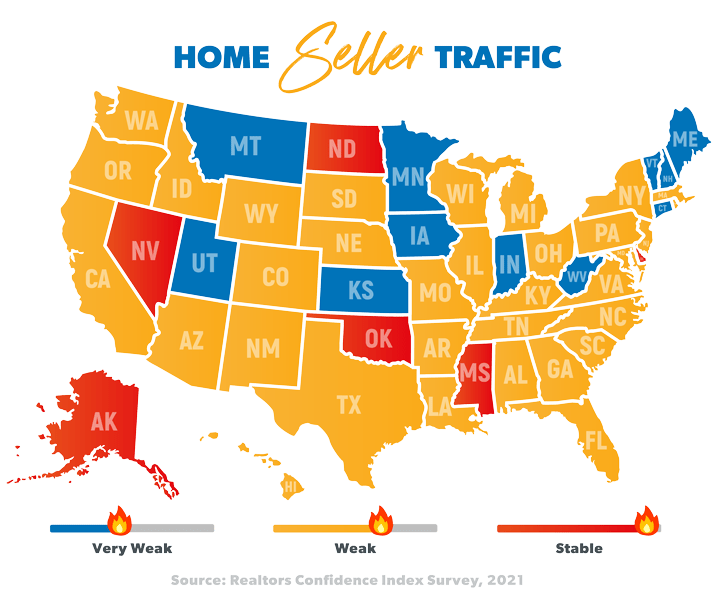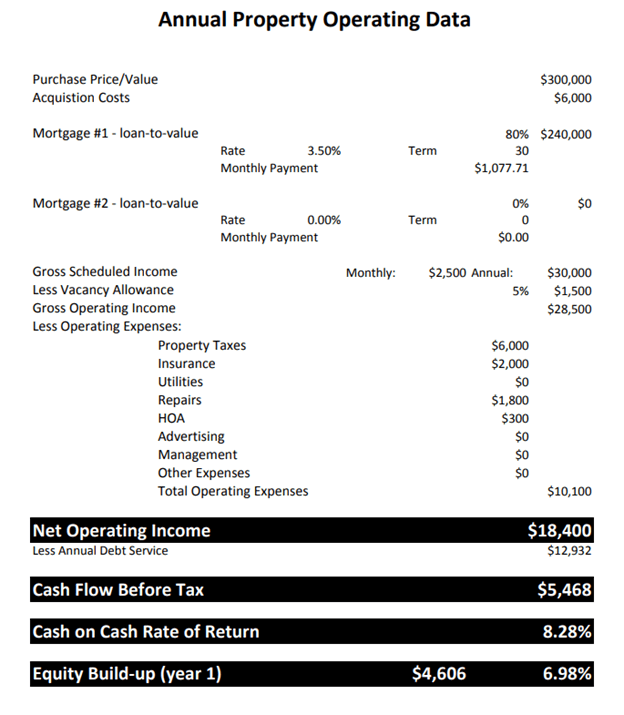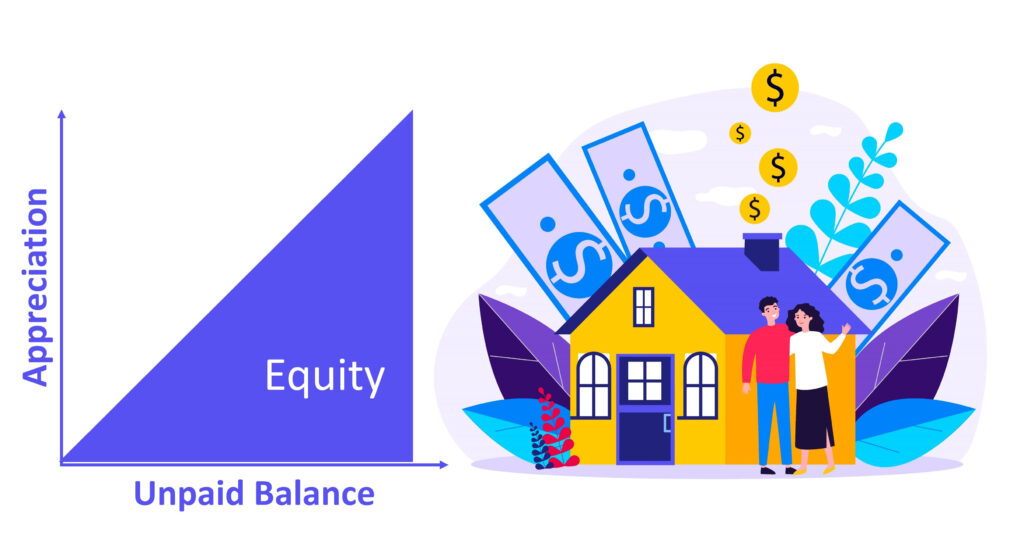
Your Equity = You Largest Asset and Best Investment
The dynamics of home equity often make your home your largest asset and your best performing investment. Equity in a home is the amount that your home is worth minus what is still owed. Two dynamics, appreciation and the reduction of unpaid balance, work in concert to make homeowner’s equity grow.
The Power of Appreciation
Usually, your home is your best financial investment. It is the appreciation, the increase in value, is what causes it to be your best financial investment. In a one-year period, the increase in value divided by the beginning value will determine the rate of appreciation for the year. News stories and articles, report statistics on appreciation. However, using local appreciation rates are more reflective of an individual property.
The National Association of REALTORS® reports “The median existing-home price2 for all housing types in June was $363,300, up 23.4% from June 2020 ($294,400), as every region recorded price jumps. This marks 112 straight months of year-over-year gains.”
The low inventory experienced nationwide resulted in some significant appreciation. This in turn has increased homeowners’ equity. According to Black Knight, a mortgage technology and research firm, at the end of 2020, roughly 46 million homeowners held a total of $7.3 trillion in equity.
Monthly Mortgage Payments Increase Your Equity
If a homeowner has a mortgage on their home, while the home is appreciating, the unpaid balance is declining. An increasing portion of each payment is applied, when the payment is made, to the principal balance to retire the debt based on the term of the loan. Each month the equity in the home becomes larger because the home is worth more due to appreciation and the unpaid balance is less due to amortization.
Make the Dynamics of Home Equity Work for You!
Once a homeowner has sufficient equity in their home, they can borrow against it and take cash out of their home. Most lenders require that the homeowner maintain at least 20% equity position. You can then borrow up to 80% of the property’s appraised value, less the amount that is currently owed on the property.
The options include a cash-out refinance mortgage or a home equity line of credit, HELOC. While some institutions have stopped offering HELOCs, they are still available. (For more information about what a HELOC is Click Here.)
The HELOC is a line of credit. It usually has a term of 10 years. Once the HELOC is approved, you can draw out your mone as needed. Interest calculates daily. Like a credit card, when the balance is paid down, the unused portion of the available credit is available again. Check out this HELOC Calculator from Bank of America to get a sense of what payments would be like.
Contact Sound Investments and we will be able to offer some lender suggestions.



